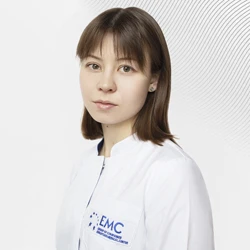Rehabilitation of patients with Parkinson's disease
Treatment and rehabilitation of patients with Parkinson's disease
Causes of parkinsonism
The manifestation of the disease
Features of the recovery period in Parkinson's disease
Rehabilitation methods for Parkinson's disease
Treatment and rehabilitation of patients with Parkinson's disease
We help patients with Parkinson's disease at any stage of the disease:
- Drug treatment according to modern European and American protocols
- Surgical treatment electrostimulation of deep brain structures (deep brain stimulation)
- Motor and neurocognitive rehabilitation, psychotherapeutic support
Causes of parkinsonism
Parkinson's disease is a chronic, slowly developing degenerative disease of the extrapyramidal system, a set of brain structures involved in controlling movement, maintaining muscle tone and posture. The disease mainly occurs in the elderly. The average age of patients is 55-65 years, but there are also cases of Parkinsonism from the age of 30. At an early onset, the disease is usually aggressive and requires a comprehensive approach to treatment and rehabilitation. The goal of rehabilitation for Parkinson's disease is to prolong the patient's years of working capacity and full—fledged life. In Parkinson's disease, the neurons responsible for releasing dopamine die. This leads to disruption of the functioning of cells in the parts of the brain responsible for movement. 15% of patients have a hereditary predisposition. About 20% of cases are caused by diseases and injuries: encephalitis, traumatic brain injuries, strokes.
The manifestation of the disease
A lack of dopamine causes an increase in muscle tone — muscle rigidity. It becomes difficult for a person to make movements, hypokinesia develops – slow, constrained movement. Common symptoms of Parkinson's disease are tremor (shaking) of the limbs and head, unsteadiness of gait. In the later stages of the disease, cognitive impairments (thinking and memory), pelvic function disorders, speech, and swallowing may develop.
Features of the recovery period in Parkinson's disease
Treatment of parkinsonism includes substitution therapy — prescribing drugs containing dopamine, as well as drugs that stimulate receptors. Surgical treatment is also possible — stereotactic and electrostimulation techniques. At the same time as treatment for the very first symptoms of Parkinsonism, it is necessary to begin comprehensive rehabilitation with the participation of a neurologist. The earlier rehabilitation begins, the more likely it is to maintain the patient's ability to self-care and social activity for a long time.
Rehabilitation methods for Parkinson's disease
Physical rehabilitation
Classes with a physiotherapist are aimed at strengthening the muscles of the extremities, a muscular corset, and correcting pathological walking. At EMC, training sessions are conducted using high-tech equipment: the ALTER G anti-gravity treadmill, the Vector Bioness suspension system, the COBS stability platform, as well as strength simulators and bicycle ergometers. Patients with Parkinson's disease benefit from swimming and physical therapy in the water, which help reduce muscle tone and help the patient respond better to medication. Our patients can attend both individual and group hydrotherapy classes, as well as training sessions on an underwater treadmill, underwater bicycles and steppers.
Correction of the psychological state
Along with physical rehabilitation, patients with Parkinson's disease need psychotherapeutic support. The disease often affects a person's appearance: facial expression changes, facial expressions become more impoverished, and the voice becomes quiet. Articulation suffers as the disease progresses. A person suffering from Parkinson's disease, as a rule, is embarrassed by his condition, it is difficult for him to feel relaxed in communication. Due to the limited movement, it is difficult for patients to do their usual things. Working with a psychotherapist helps to overcome an emotionally depressed state, to teach the patient to adequately perceive his condition. It is very important for patients to continue communicating with their loved ones and to participate in family life. Psychotherapeutic correction also includes classes with family members and the patient's environment.
Speech and swallowing rehabilitation
Due to muscle disorders, the patient may have problems with speech and swallowing as the disease progresses. To correct these conditions, regular sessions with a speech therapist-aphasiologist are necessary. We also use the Vocastim system to stimulate the muscles of the larynx and pharynx.
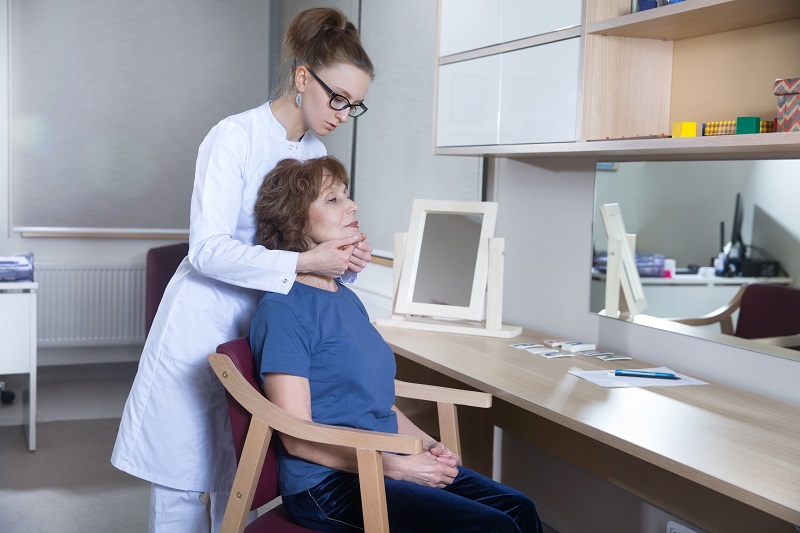

Pelvic function rehabilitation
Half of patients with Parkinson's disease have some type of urinary disorder: frequent urination, emptying of the bladder at night, and less often urinary retention. If necessary, a neurologist participates in the rehabilitation of patients with Parkinson's disease, who diagnoses disorders, determines their causes and prescribes appropriate treatment.
Occupational therapy
Occupational therapy helps patients to maintain independence in daily life, in everyday life, to adapt to the disease, to become less dependent on its symptoms. The specialist performs diagnostics of disorders in terms of the ability to self-serve (dressing, washing, eating and cooking) and perform professional duties and draws up an individual training program to restore those skills that are primarily necessary for the patient. Classes are held in the training apartment, and there is also a simulator for restoring driving skills.
The center's specialists also provide recommendations on home improvement and the use of special tools that will help patients stay independent and feel safe at the same time.
Cognitive rehabilitation
In the later stages of the disease, cognitive impairments sometimes occur — disorders of memory, attention, and mental activity. To correct them, classes with a neuropsychologist are necessary. EMC also uses specialized computer programs that force the patient to train the speed of constructive thinking processes.
Home care
Rehabilitation of patients with Parkinson's disease should be carried out regularly throughout their lives. We create a self-study program at home for each patient. It is very important that loved ones remind the patient of the need to perform a set of exercises. If necessary, the center's specialists can conduct training sessions at home.
Make an appointment for a consultation and we will contact you for more details
Why the EMC
The first and only clinic in Russia, created in the image of the world's leading clinics
EMC is a multidisciplinary center offering patients a high level of medical services and a personalized approach
600
world-renowned doctors
57
treatment directions
36
years take care of your health
24/7
we work at any convenient time
Worldwide recognition and awards
Our achievements have been confirmed by prestigious international awards
 Learn more
Learn more
Worldwide recognition and awards
We work according to international standards, we have licenses and certificates
 Certificates and licenses
Certificates and licenses

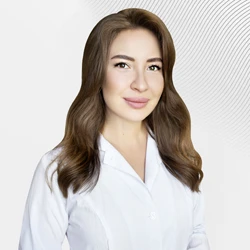
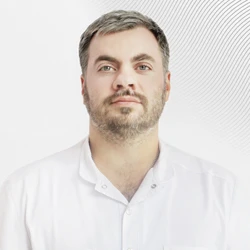
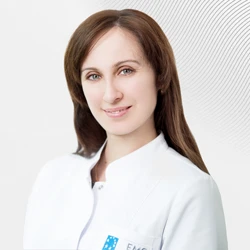
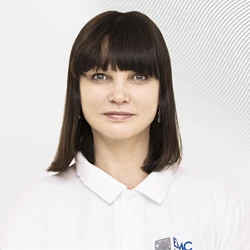

.webp)
.webp)
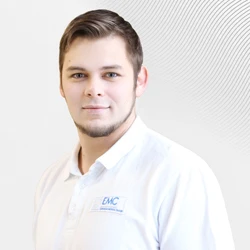
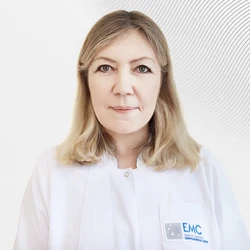
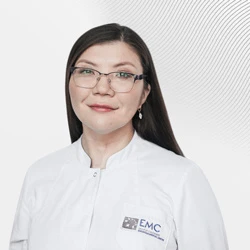
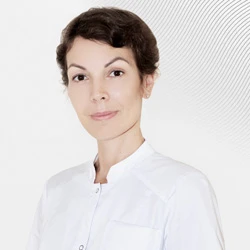

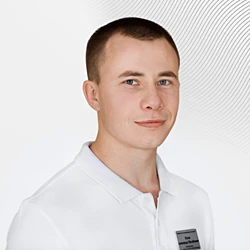
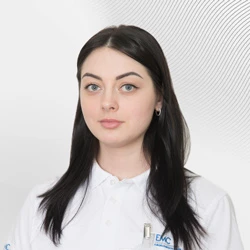
.webp)
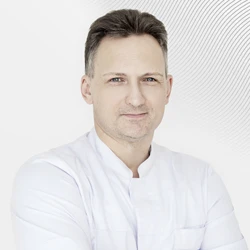
.webp)
